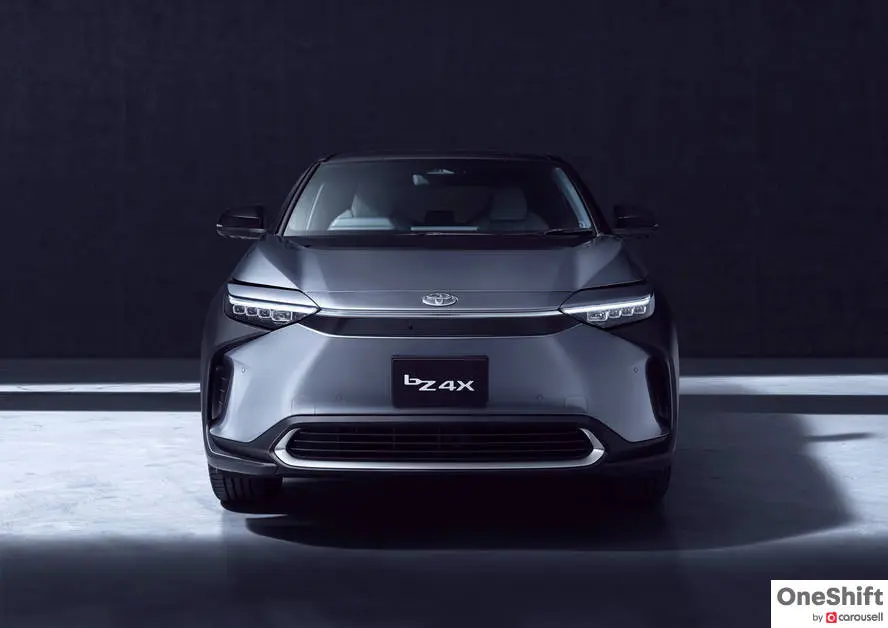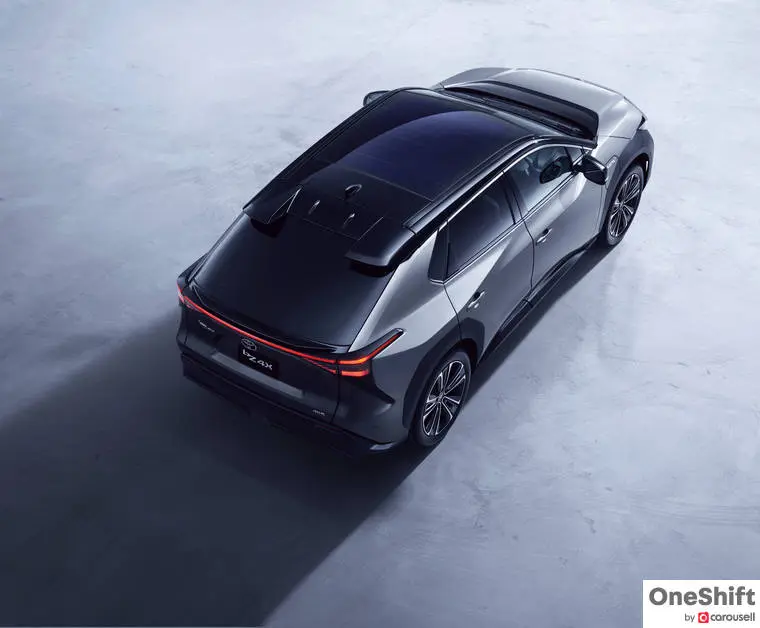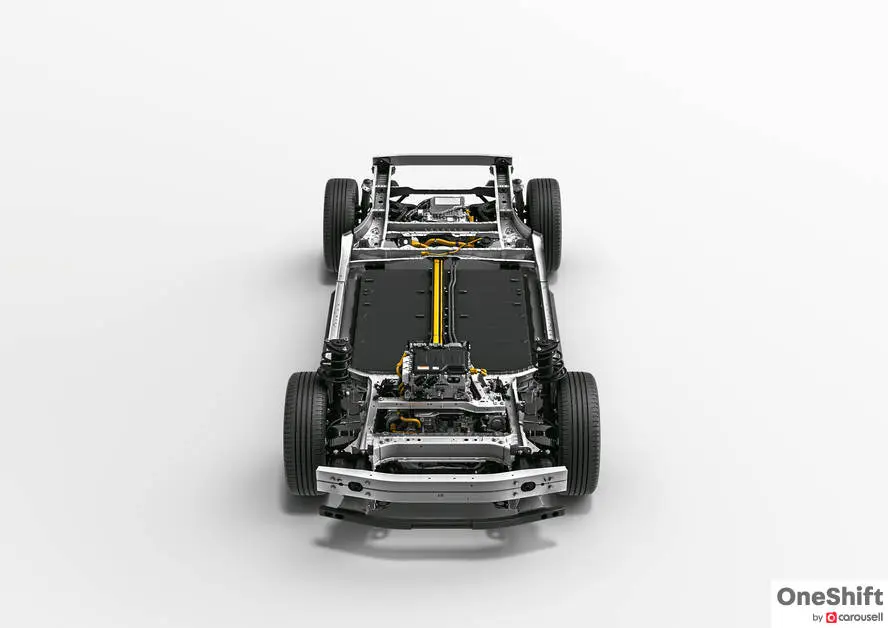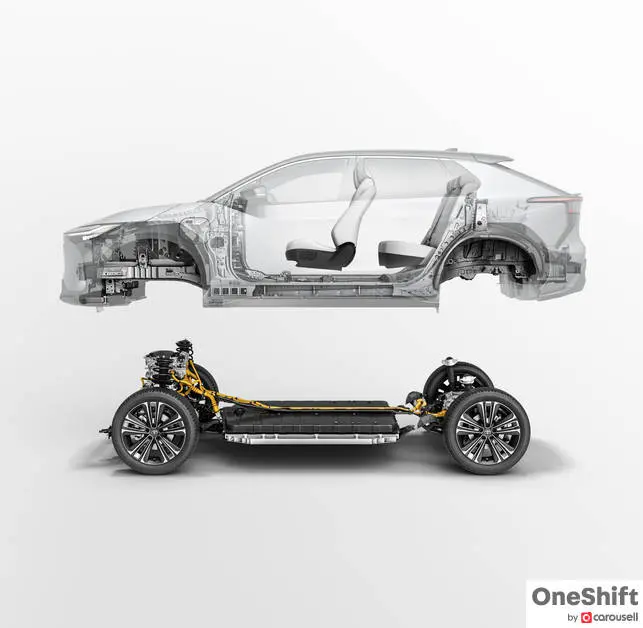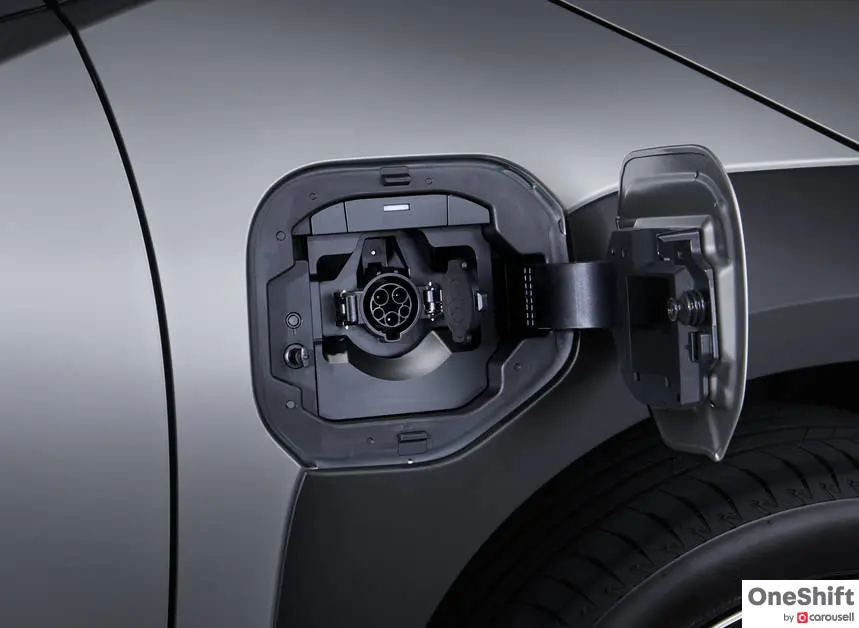Toyota's first BEV to arrive in Singapore by 2022, is the CHAdeMO DC charging standard here to stay?
We had a chat with Samuel Yong, Director Marketing & Business Strategy at BMS to get some hints of where the two Japanese brands are heading towards, especially when competitors are releasing Battery Electric Vehicles (BEVs) in quick succession, while only one BEV from Lexus and none from Toyota are currently being offered in Singapore.







Borneo Motors Singapore (BMS) recently announced its investment in a fleet of hybrid vehicles to provide low-carbon and energy efficient solutions. It also recently signed an MoU with Singapore Polytechnic to jointly design and develop a training curriculum that prepares students for the transition to EVs, grooming promising young talents to take the lead in other disruptive technologies. With COP26 and Budget 2022 greatly emphasising on Singapore’s sustainability agenda, it’s something that’s bound to happen.
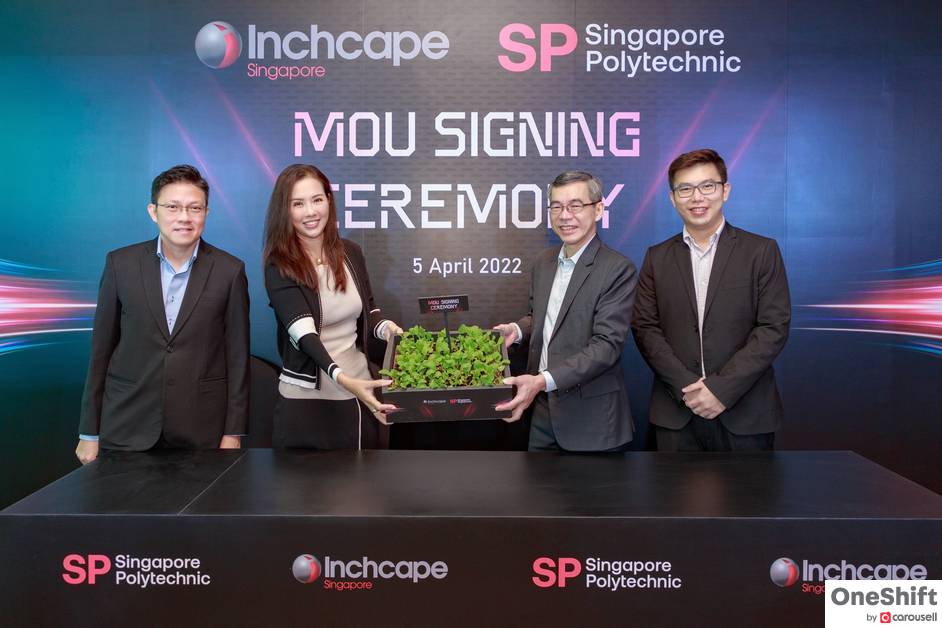
But for motorists, what’s more interesting is how this will influence BMS’ automotive offerings, namely for Lexus and Toyota. We had a chat with Samuel Yong, Director Marketing & Business Strategy at BMS to get some hints of where the two Japanese brands are heading towards, especially when competitors are releasing Battery Electric Vehicles (BEVs) in quick succession, while only one BEV from Lexus and none from Toyota are currently being offered in Singapore. Also, the two Japanese brands rely on the CHAdeMO (CHArge DE MOve) DC charging standard for fast charging, which does not seem like the mainstream option - we find out if this compromises the appeal of the brands’ BEVs in any way.
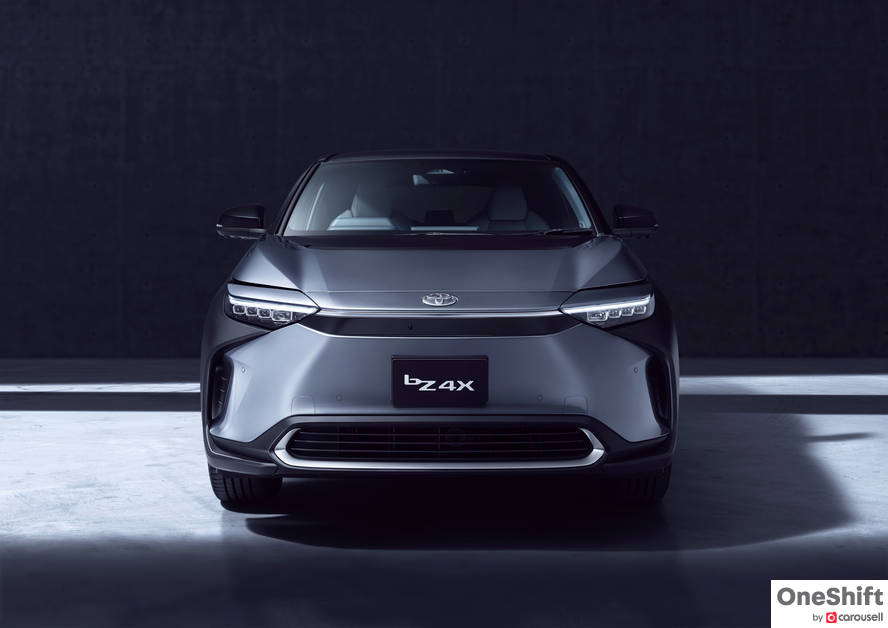
Toyota has a long history of continuous improvement when it comes to engines, including lean-burn gasoline engines, direct injection gasoline engines, as well as engines modified to use alternative fuels, such as compressed natural gas (CNG) or electricity for EVs. In the backdrop of the shift towards a greener mobility, Toyota has taken the first step towards embracing BEVs.
Toyota's bZ4X concept car which runs on a dedicated electric platform was unveiled in late April 2021, and will go on sale across all regions in mid-2022. By 2025, we aim to see at least seven of its BEV counterparts on the road. This is our commitment to allow consumers a choice of electrified vehicles that suit their lifestyle may it be a hybrid, plug-in hybrids and BEVs.
At Toyota, we believe in introducing sustainable vehicles practically and mindfully. While we want to amp up on digitalisation and green offerings, we understand our customers need time to warm up to the new wave of mobility. Thus, we want to help them ease their way into embracing BEVs at their own pace. As such, the responsibility is in our hands as a retailer to cater our launches to each market.
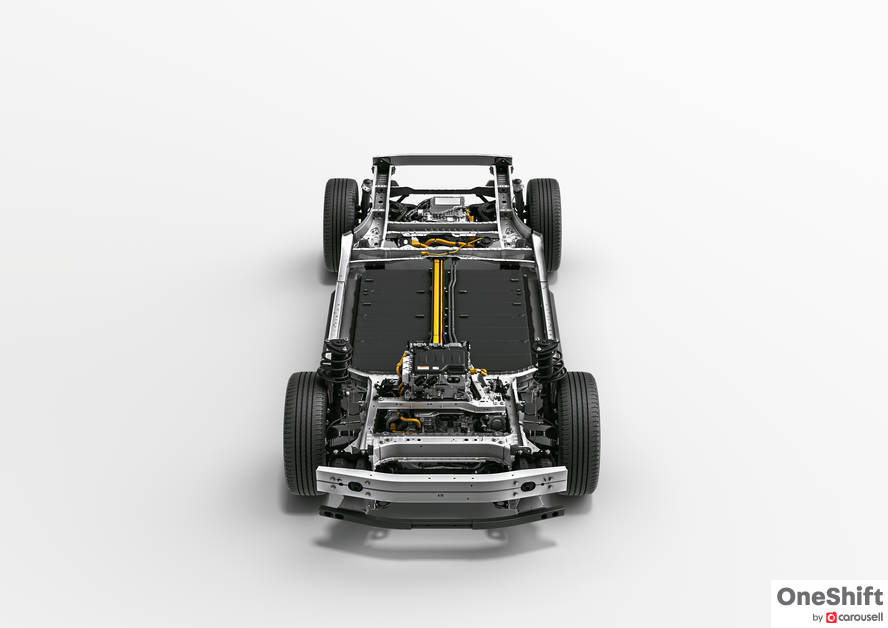
Currently, the Land Transport Authority and Energy Market Authority have jointly recognised the CHAdeMO DC as an optional public charging standard. Although installation of the CHAdeMO at every public charging station is not mandatory, we believe that the uptake will be significantly high for several reasons. The CHAdeMO DC of up to 120 kilowatts can fully charge an EV in 30 minutes to an hour. The quick turnaround rate will allow users to charge their cars at any time of the day (versus overnight) and free up charging stations for other users. The expanding diversity of EVs which rely on CHAdeMO DC will definitely be accounted for as Singapore develops its EV charging infrastructure.
Nevertheless, we believe in providing options to cater to different needs and wants of our markets and hence do not rely solely on the CHAdeMO. Our cars are also equipped with ‘Slow / Fast: Type 2’ charging that allows for flexibility in and alternative options for the user.
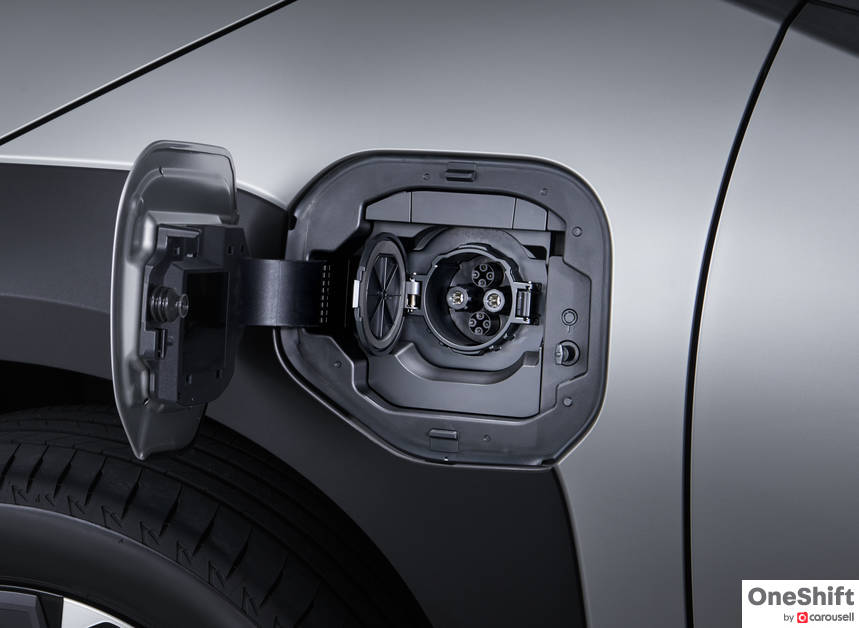
The BMS vision of bringing mobility to the world’s communities is also practised by our brands and partners who are always striving to push boundaries in exploring more energy solutions. One of Toyota’s key beliefs is emphasising conventional and hybrid vehicles as fundamental core technology while pursuing further advancement.
The Toyota Hybrid System for example, is one that provides detailed control of the electric motor/generator, petrol engine, and hybrid batteries and the Toyota FCV Plus concept focuses on the vision for a future hydrogen vehicle. Similarly, Lexus is also on a mission to fuse its iconic elegant and visionary designs with the experience of the fuel-cell. The LF-FC expresses the brand’s progressive luxury and high-tech vision of a not-so-distant future.
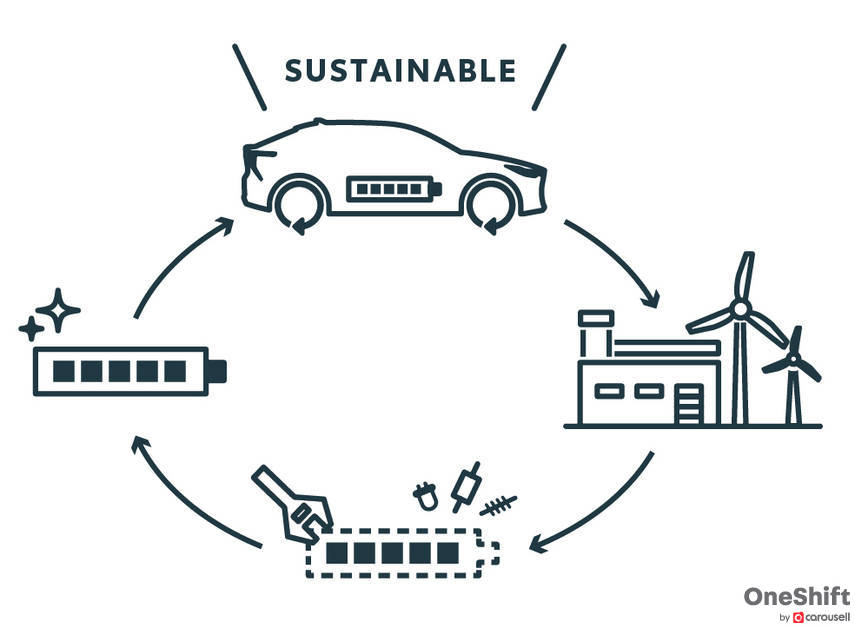
Credits: Text by James Wong; Photos by Toyota and Borneo Motors Singapore


Get the Best Price for your used car
from 500+ dealers in 24 hours

- Convenient and Hassle-Free
- Consumer Protection
Transparent Process
With No Obligation
